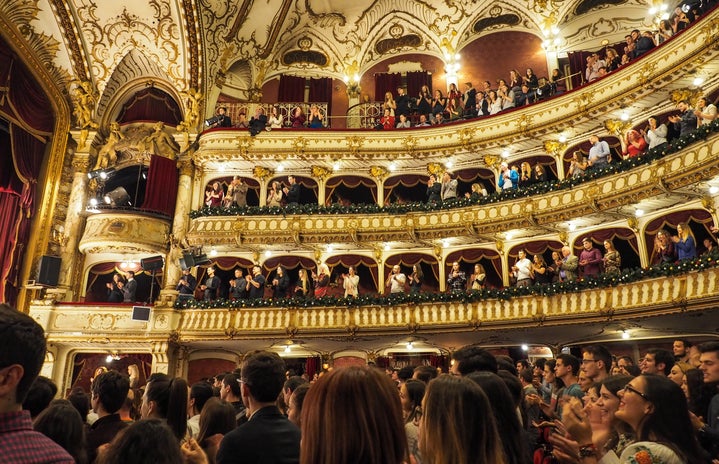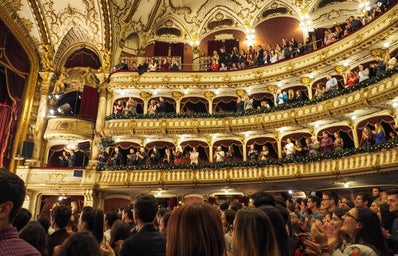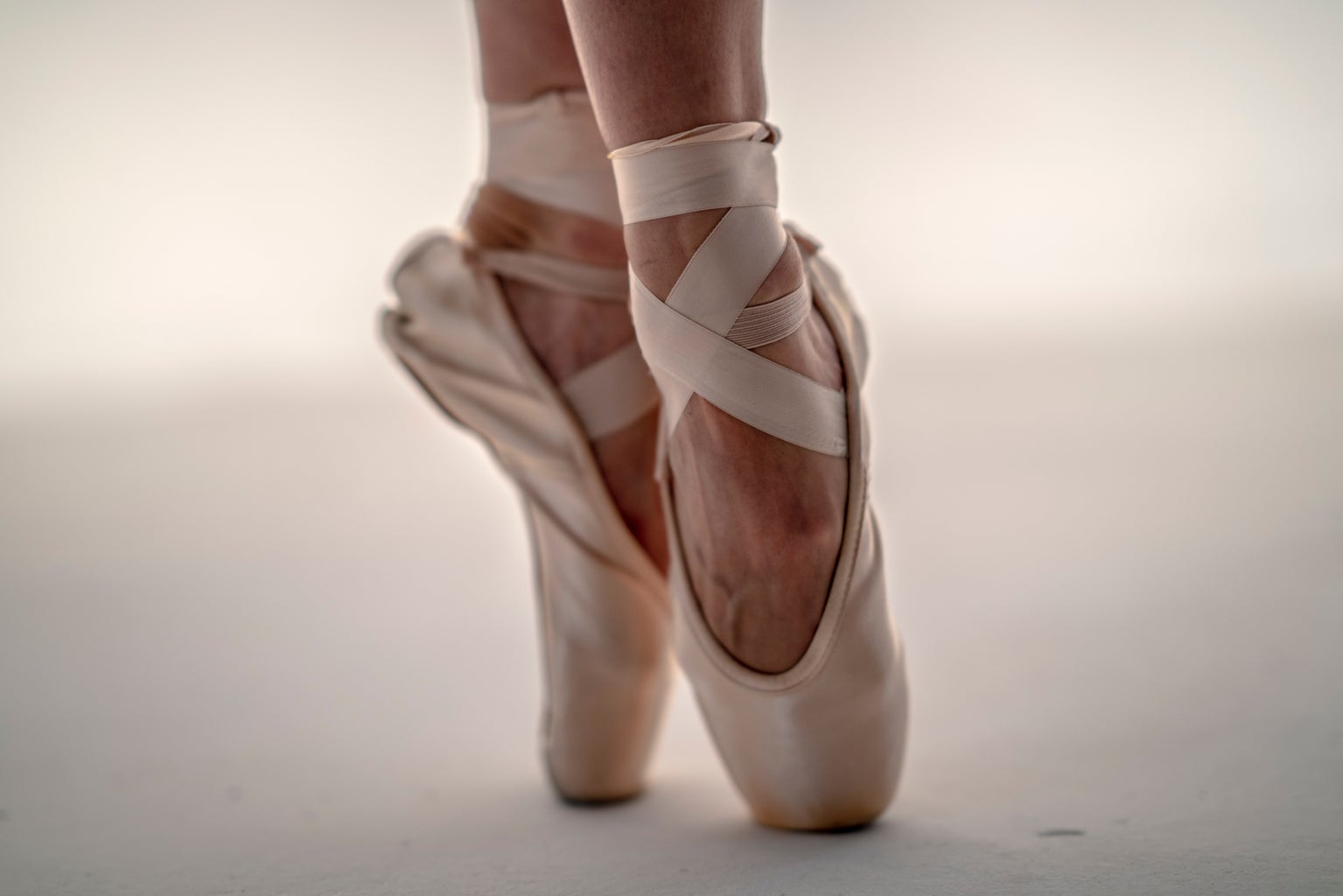On Oct. 12, 2022, The Washington Ballet premiered new works by emerging and acclaimed choreographers at Sidney Harman Hall. Andile Ndlovu, one of The Washington Ballet’s own, discussed his ballet “re:member” in “NEXTSteps,” one of the three new modern ballet works that debuted at Sidney Harman Hall.
Born and raised in Johannesburg, South Africa, Ndlovu began his dance career at a young age. Ndlovu grew up attending ballet competitions like the South African International Ballet Competition where he won the gold medal. Here, he states, is where his career as a choreographer began. After forgetting a solo on stage, Ndlovu improvised the entire dance but proceeded to win the competition. His teacher recognized a true talent to choreograph.
“And so he gave me these projects and I started doing that. I started doing my research watching a lot of choreographers at the time. I think that’s when the bug started. At that point when I was like, oh, okay, let me try it again, and then I would create more. I started creating on fellow friends and dancers or colleagues in the school,” said Ndlovu.
From that point, Ndolvu began taking classes at a college in South Africa where he further refined practicals on how to construct dances.
In his fifth work for the Washington Ballet, Ndlovu created “re:member” based on his nostalgia for his childhood in South Africa and his experience dealing with rehabilitation from an injury earlier this year. Growing up, Ndlovu and his fellow classmates barely had textbooks and other essential school supplies. In disparity with the rest of the world, they would make do with newspapers and pencils.
“re:member” is like putting back something that has been forgotten or been broken, where now I’m in the future looking back at my childhood,” said Ndlovu.
With experience in interactive art, Ndlovu created a futuristic classroom on stage. The background showcased a digital chalkboard, consisting of a line that continued from the wall down to the edge of the stage.
One of the most exciting props was the yellow rubber balls that the dancers maneuvered on and around throughout the piece. The dancers performed with the rubber balls in a way that communicated that they were trying to understand these new, mysterious items that suddenly appeared in their classroom one day.
“But it is very interesting on this day when everybody came to class and there’s this mysterious ball at the bottom of the line that they don’t know what to do with. Do we pick it up? Do we move it around? What is that thing? Because all of this was not here yesterday,” said Ndlovu.
The rubber balls reflected an alternative world, where any kind of interaction on one person radiated an effect on everybody else. At the end of the piece, a dance between two partners leads them to finally throw the rubber ball off the stage. The most memorable message of the piece is when the ball suddenly gets thrown back on stage, followed by a huge flood of other yellow rubber balls.
“It’s kind of like a reflection thing. Whatever you throw to the wall multiplies,” said Ndlovu.
“re:member” was also inspired by Ndlovu’s recovery plan after a recent major injury. Lots of exercises used to aid his rehabilitation inspired the movement of the dancers. Ndlovu plans to make a full recovery and continue as a dancer in the company and choreographer at the same time.

Diving deeper into Andile Ndlovu’s career as a dancer and choreographer, Ndlovu discussed the challenges he faced and overcame in the dance industry. The ballet world is dominated by white men. Only ten out of 400 works in the New York City Ballet repertory were created by Black artists.
Reflecting on Ndlovu’s experience as a black choreographer, a major issue he has dealt with is the expectation from others on the types of works he creates.
“As a Black man, when they look at me, they expect me to create Afrocentric things. It’s an expected thing, right? And when we look at a white creator, you would think much more cleaner or edgy or free- or just anything is allowed,” said Ndlovu.
Ndlovu has been choreographing in Washington DC since 2010. Despite his long experience as an artist, he states that it is only recently he has gotten the opportunity to create something on a major stage.
Ndlovu noticed how easily other artists with less experience have picked up large-scale projects, despite his lengthy background as a skilled choreographer. If there is anything that the dance industry needs, Ndlovu states that it is equity.
“Equitability spaces for Black artists – Black woman creators, Black men creators. We need to have shows that are current. Today-narratives that are current narratives of Black stories, narratives of Latinx stories [and] Asian stories. We need more of that rather than just the Eurocentric narratives that we have been fed for so long,” said Ndlovu.




